Co-Working Vs Traditional Office: Which One Is Right for You?
Introduction
if you want to choose a co-working space and a traditional office, each one has there pros and cons. So, choosing the right options completely depends on you; let’s understand co-working Vs traditional office
Working at the right workplace can improve your productivity, efficiency, knowledge, and connection. In this field, the more new people are entering the market, the more new space is required for these people to run their offices. This increasing demand for offices is leading to an increase in the price of these offers.
Small businesses and individuals can also look for these co-woking spaces, who do not want to set up a traditional office.
Co-Working Spaces

Co-working spaces are shared work areas where different people from different professions can come together to work. This space has desks, chairs, and other necessary things you need for work.
Nowadays, Co-working spaces are the best choice between freelancers, entrepreneurs, and remote workers. Because this offers many benefits at affordable prices.
Let’s look out the pros and cons of co-working spaces
Pros of Co-Working Spaces
- Flexibility and Short-Term Commitments: You can choose when and how long you want to work. Unlike traditional work hours, you are not tied to a fixed schedule. You are free to choose a private deck, private work area, shared desk, and hot desk as per your need and availability.
- Networking Opportunities: You can connect with different people from various industries. It is like a big community where you can meet new friends, exchange ideas, and collaborate on projects. This improves your knowledge, performance, and other expertise.
- Cost-effectiveness: When you work alone or have a small team then renting an entire office can be an expensive option. You need to pay monthly membership as per your working space. It is a great way to save money along with a professional workspace.:
- Amenities and Services: Co-working space offer you modern amenities including desks, lockers, cameras, a meeting zone, a lunch area, and quality chairs. They also have clean toilets, a workspace, and a lunch area to use. This can increase your productivity and efficiency of work.
Cons of Co-Working Spaces
- Potential Distractions: In co-working spaces, you can face distractions from people working around you. It can be Noise from conversations, phone calls, and events happening in the space.
- Lack of Personalization: Unlike traditional offices, you don’t have the freedom to personalize your workspace. You can not decorate your desk as per your work style. You also need to keep maintain silence, cleanliness, and work ethic.
Traditional Offices

Traditional offices are a conventional type of workspace that runs an organization to achieve its goals. These offices are usually found in dedicated buildings.
These offices are not an affordable option, but they offer complete freedom to do what you want. There are more pros and cons available that make them a perfect choice for a few businesses. Learn here
Benefits of Traditional Offices
- Greater Privacy and Focus: In a traditional office, each person has a desk that you can decorate it. This provides privacy and quiet space that improves your efficiency, productivity, and focus.
- Enhanced Team Collaboration: There are lots of team members who work together on one project to deliver on time. To complete a project, team members do face-to-face interactions, quick discussions, and brainstorming sessions. This will help to deliver the project on time.
- Company Culture and Identity: Traditional offices are always trying to maintain company culture and identity. The office reflects the values, mission, and brand of the organization. These offices provide better security of data.
Drawbacks of Traditional Offices
- Long-Term Lease Commitments: When you want to go with a traditional office, you require to sign a long-term lease commitment. In case when you want to shift your office to a new location, it can impact your cost. Also, This can increase your upfront cost.
- Higher Overhead Costs: When you take office on the lease, you need to pay plenty of other charges along with higher upfront cost. This overhead cost includes furniture cost, maintenance cost, electricity cost, and others.
- Less flexibility: Traditional offices are restricted by many rules and regulations. You need to come and leave the office on time. In many offices, you can’t use your phone during working time,
- Limited Networking Opportunities: Many traditional offices have a large number of employees, but you don’t have the option to meet all of them.
Conclusion
As we can say, both are the correct options from their own perspective. You just need to identify your requirement. A co-working space offers many benefits like low maintenance, monthly payments, flexibility, and no other cost. Unlike co-working spaces, traditional offices require higher upfront costs with better privacy, high maintenance cost, and other charges. Also, co-working spaces have disadvantages like higher distractions, personalized spaces, and low privacy.
FAQ
Yes, absolutely! Co-working spaces are perfect for remote workers and freelancers. They offer a flexible working space where you can work as you want. Also, they allow access of different essential facilities like Wi-Fi, meeting rooms, toilet, electricity, and coffee.
Co-working spaces promotes collaboration, flexibility, and creativity where different people from different industry can work together. On the other hand, traditional offices have a formal and corporate culture. Also in traditional offices, you need to pay maintenance charges, utility bills, and upfront costs, but in co-working you can get access to all this with monthly payments.
Long-term lease commitments in traditional offices can be an issue for businesses with changing needs. It ties you to a fixed location and can be expensive to break.
Answer: Yes, you can switch! It is essential to identify your requirements regularly and decide which workspace best fits your goals. Flexibility is key!




Add Comment